Story by: Sricharan R
Bosch, a world-leading multinational engineering and electronics company, is gearing up with products to support the upcoming BS-VI norms in India. Headquartered in Gerlingen, near Stuttgart, Germany, the company was founded by Robert Bosch in 1886. In India, Bosch is a leading supplier of technology and services in the areas of mobility solutions, industrial technology, consumer goods, and energy and building technology. Additionally, Bosch has in India the largest development centre outside Germany, for end to end engineering and technology solutions.
With a lot of new technologies coming in, the Tier 1 supplier is fully geared to cater to the needs of the Indian OEMs. “We are working on a lot of BS-VI products and we want to support the OEMs for the timely launch in 2020. We have a big team of system engineers and categorisation engineers who are working on the BS-VI solution. On technology-agnostic solutions, we are working closely with various OEMs, and legislative agencies and are trying to participate in legislation and technology participation for the future,” Sandeep N, Executive Vice President, Mobility Solutions, Bosch, told Auto Components India.
Since its inception, the Germany-based company has grown to a large conglomerate with presence in more than 150 countries. The Bosch Group operates in India through 12 companies that carry out functions in both automotive and non-automotive businesses through several manufacturing sites. The activities of Bosch in India are further empowered with R&D centres, and nationwide service and support networks.
Technological support
India plans to achieve BS-VI implementation from April 2020 and adopt electromobility solutions built for Indian conditions. Bosch offers the right technology to support both initiatives. The company believes that the ICE (Internal Combustion Engine) will continue to be the mainstream solution for freight and commercial vehicles. However, a key role here will be played by Bosch India’s electrification initiatives, to address the transformation in urban mobility. Keeping in mind the country’s climate change targets, Bosch views the co-existence of fossil fuel engines and electrification with hybridization as an interim solution.
Hybrid technology will be a vital contributor towards the electrification goal in India due to the nation’s unique stop-start driving patterns and road congestion. In the light of that, fleet operators and smaller vehicles are poised to adopt electrification as soon as feasible options are available in the market. Bosch experts believe that the use of synthetic fuels as a scheduled supplement to electrification will play a vital role to reduce CO2 emission.
To make low emissions traffic reality, the company is making heavy investments – both in making electromobility a market success and in enhancing the combustion engine. Both technologies benefit the demand of the Indian market. Bosch has now achieved a breakthrough in diesel technology: with their new diesel technology, Bosch engineers have succeeded in getting NOx emissions massively down. On average, test vehicles equipped with the enhanced technology already emit no more than 13 milligrams of NOx per km during road tests according to the new European RDE standard.
Another field of growth in India’s thriving automotive industry is the rising demand for connected mobility. Bosch continues to drive forward its transformation into a provider of mobility services. The company recently established a Connected Mobility Solutions division to develop and sell digital mobility services. In India, the new business division will work to develop a global telematics platform that will be enabled and operated by local engineering talent. This platform will help Bosch to better serve its customer base in India with effective solutions designed for effective mobility. The key offerings will include vehicle sharing, ridesharing, and connectivity-based services for car drivers.
With the new regulations coming in, Bosch is working on the changes needed to be made in the components also. For the two-wheelers, there is a transition from the carburetor to engine management systems and the firm is working in that space. It is working on the safety feature also. For the passenger cars and commercial vehicles, the focus is on the exhaust gas treatment systems.
For the BS-VI, most of the component will be manufactured in India. Speaking about the components pricing, Sandeep said, “The main thing is that there is an ability to develop smarter system configurations. With smarter systems, we will have the chance to have cost-effective components. This is the way for the industry to go. We already have an expertise from the BS-IV on the combustion side. In BS-VI, the combustion and powertrain system has to be tailor-made. The additional challenge would be the exhaust gas treatment. We have to customise it, build it and also validate the used cases of it.”
The manufacturing firm provides a variety of products for fuel injections, low-pressure fuel supply, air management, transmission, e-mobility. For powertrain, it has products in cooling systems. Speaking about the powertrains, Sandeep said, “We are basically looking at the automotive technology in 3 domains: electrified, connected and automated. Although we term it as electrified, we are looking to provide solutions for emissions-free. Zero emission is the ultimate target here. If you look at electrified, we believe in providing technology-agnostic solutions. We are participating in businesses right from two-wheelers to heavy-duty trucks and even railways.”
Innovations
Bosch R&D stands up to its corporate principle of ‘Invented for life’. The department holds around 60,000 associates who support Bosch worldwide. The centre is also the biggest software development centre outside Germany. The company also has an electromobility centre in Bangalore, spearheading the local innovation in the area of e-mobility. The development capacity in India is now extensively working for BS-VI.
Talking about the new developments in the software side, Sandeep said, “From a software point of view, there are quite a few activities happening. We are developing our own software platforms and going forward, this space will be a busy space. The first step is to establish connectivity. We have our connectivity control unit called the (i-trans), which is a locally-developed solution. This helps us in setting up the first level of connectivity between car and cloud.”
Adding more about innovations, Sandeep said, “We have been traditionally a components manufacturer and a system integrator. We are now trying to go up the value chain and we are also trying to go both sides of the value chain. Connectivity is going to be a domain where you will see a lot of innovation coming up. There is a need to see how we can bring in innovation for asset utilisation, fleet management and we believe that as a company, we are able and competent to bring in a lot of innovation in powertrain and fuel efficiency. But, we will also try and identify bigger domains. So, asset utilisation and shared mobility are the areas where you will see more innovations.”
Localisation
Sharing his views on the new technology for commercial vehicles, Sandeep said, the biggest challenge for the truck segment would be the BSVI, telematics and connectivity. He feels that there is a lot of potential in trucks, especially in the light duty and the last mile segments for improvement of asset utilisation. This is where he expects the technology of the future to come in.
Going forward, the Indian arm is looking to improve its volume potential and technological definition. “As the market in India is currently extremely dynamic in terms of legislation, the company has to improve not just in propulsion and emission, but also in safety and connectivity. We expect that most optimum technology definitions to be from here. We have a very extensive production work, and we are producing a lot in China and in the Asia-Pacific region. So, when the time comes we find the right threshold volume for localisation. We would definitely localise in India. Our depth of manufacture in India is proven and it is just a question of how the market is,” he said.
The company will be expanding its capacity to cater to the increasing volumes. There will also be investments in terms of electromobility. Recently, Bosch has set up a house for mobility solutions, which will focus on creating a seamless mobility experience. “Then, there will be investments in the software development capability in India in the powertrain side. Investment is indeed covering the entire spectrum of mobility solutions,” he stated.
Sharing his view on the electric vehicles, Sandeep said, Bosch is very clear on the e-mobility segment and it will come. “We believe that the e-mobility will emerge out of the specific used case. The two-wheelers and three-wheelers are in the form of pilot segments in achieving commercial viability which will be followed by commercial and taxi applications. We believe in this roadmap and we are getting equipped to provide solutions. It will come, and how long will it take? We have to wait and see,” Sandeep said.




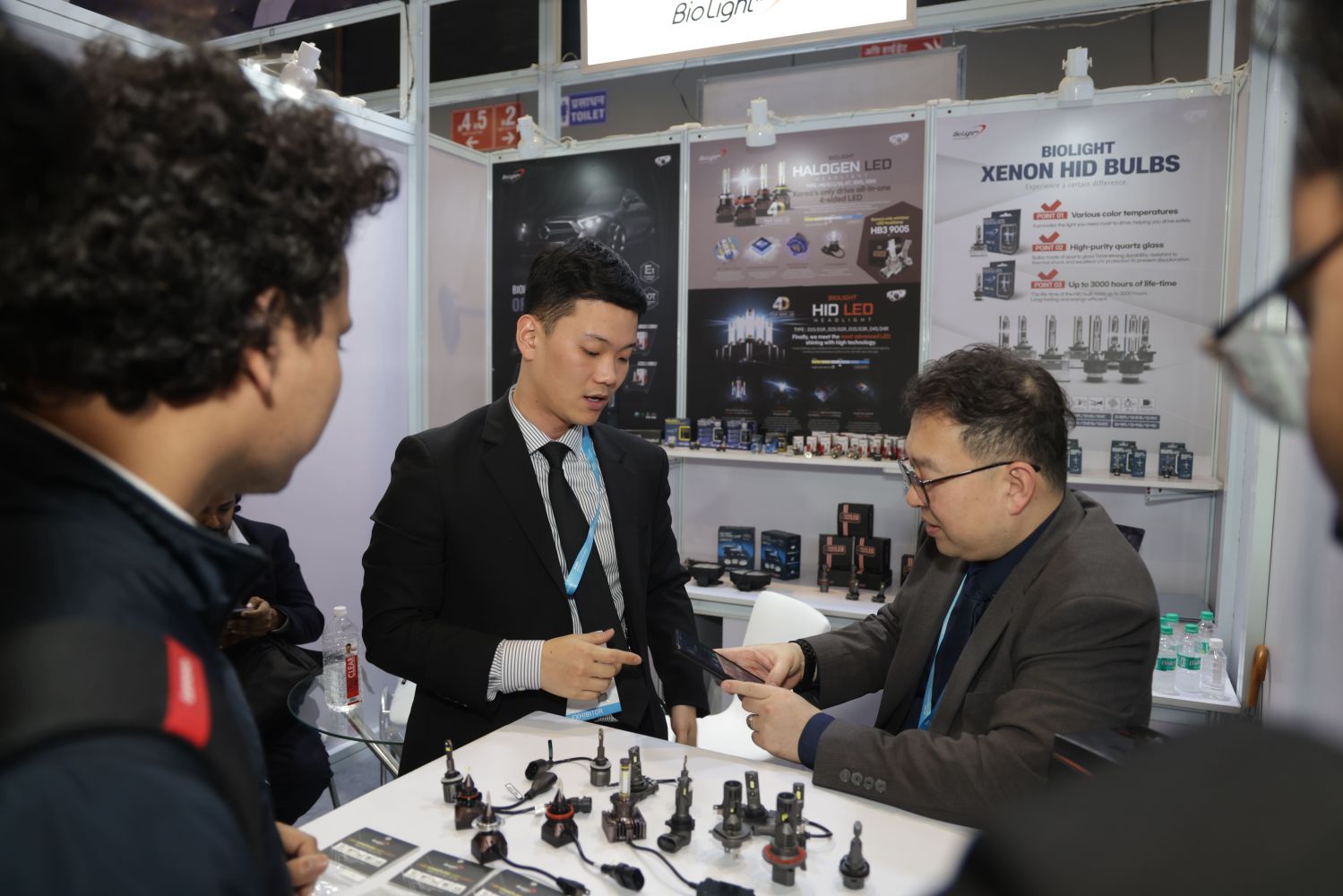
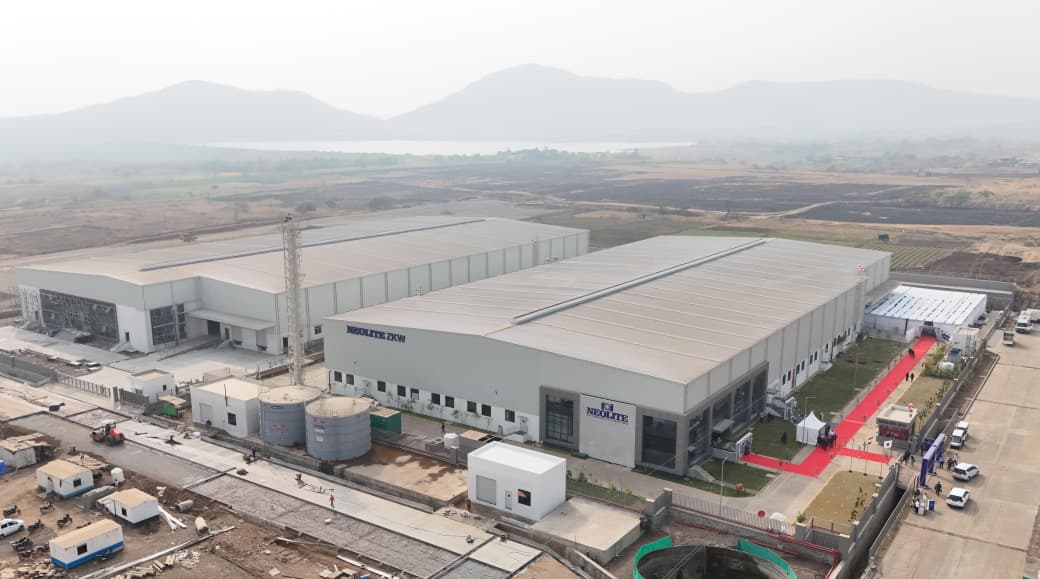
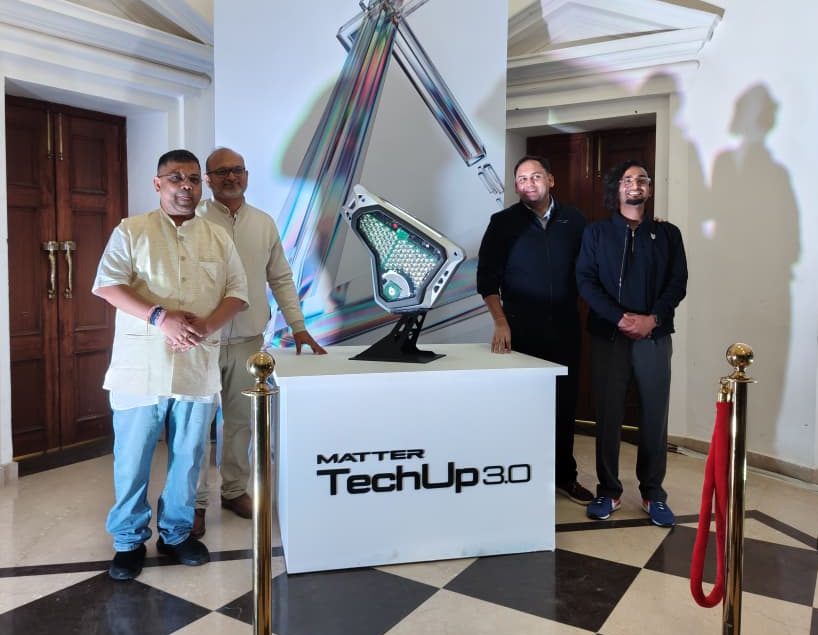
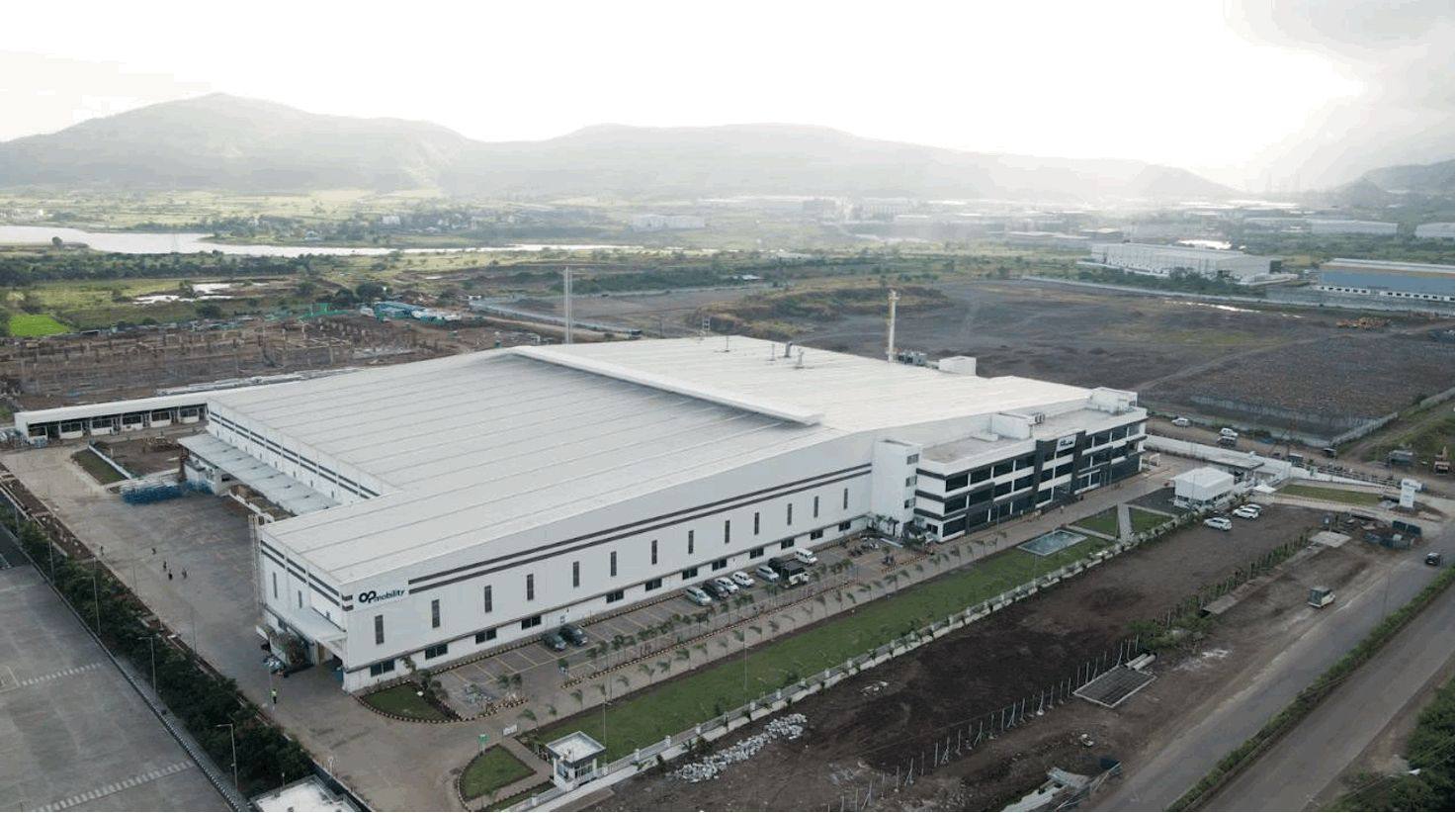
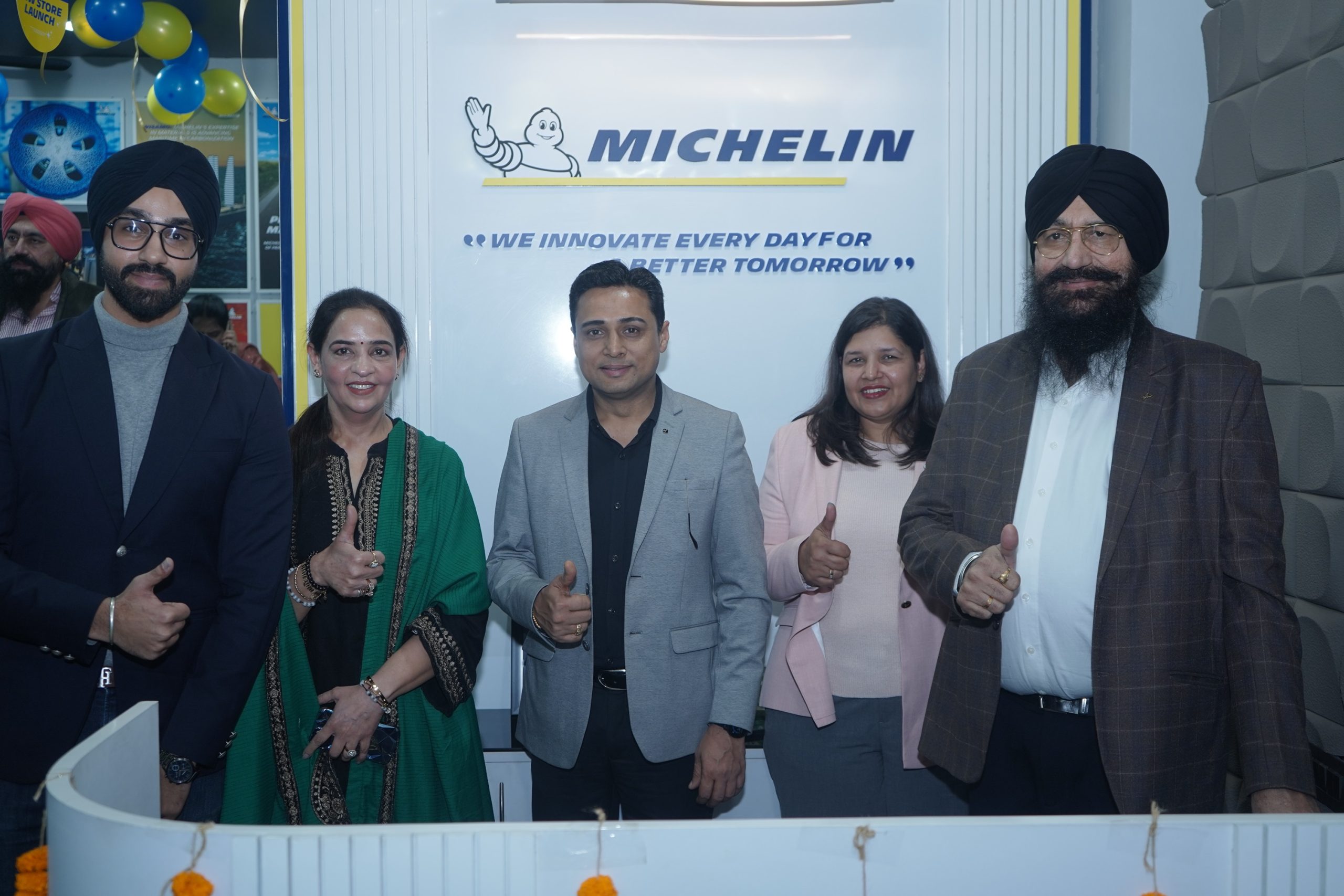



Leave a Reply